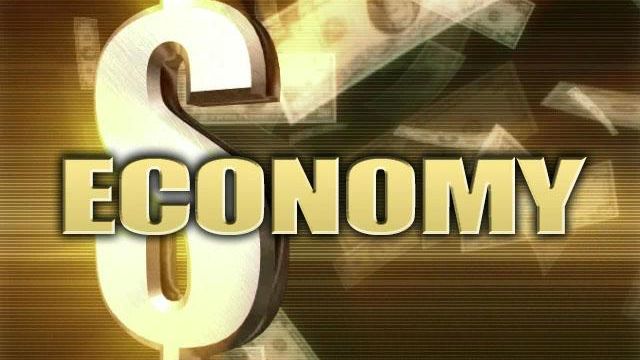Stimulus Plan Could Help Local Businesses, People
Local businesses and individuals could have their bottom lines pumped up by a proposed national economic stimulus plan.
Posted — UpdatedMike Walden, an economics professor at North Carolina State University, said the stimulus package could ease the weight of a slow-down or recession in the economy, but is no panacea for either the country or the region's economic ailments.
"It will relieve some of the pain, but it's not going to get rid of all the pain," Walden said.
Most of the economic pain felt locally comes from the troubled housing market. In 2007, nearly 4,000 Wake County homeowners went into foreclosure – up 15 percent from 2006.
To address the mortgage crisis, the package would raise the limits on Federal Housing Administration loans and home mortgages that Fannie Mae and Freddie Mac can purchase to as high as $725,000 in high-cost areas.
Most of the $150 billion package, though, would be aimed at getting consumers to spend money, Walden said. About $100 billion would be set aside for tax rebates to approximately 117 million families, while the remainder would go to tax cuts for businesses.
Individuals who pay income taxes would get up to $600 and working couples $1,200, plus an extra $300 per child. Workers who make at least $3,000 but do not pay taxes would get $300 rebates. Individuals with incomes up to $87,000 and couples up to $174,000 would get partial rebates.
"If they are spending money at shops and so forth, that means businesses will do better and will be less likely to lay off workers," Walden said.
However, the proposal contrasts what a short-term good for the economy and a long-term good for individual households would be, Walden added. Historically, most people spend about 30 percent of extra tax rebates and save the rest.
"For many families, it probably would actually be better if they don't spend the money," he said. "They should pay off credit card bills, pay down on debt."
Some local businesses said they hope that once the checks arrive in the mail, individuals will do what the federal government believes is good for the national economy.
All Pro Nutrition Shop opened in a good location on Raleigh's busy Glenwood South, but six months later, business remains extremely slow. Some days the store rings up only $50, store clerk Jody Coles said.
"A small business like this isn't going to be around anymore if we don't get customers coming in and driving up the sales," Coles said.
Overall, the Triangle's economy is in good condition, usually placed on a number of lists of top places to do business, Walden said.
U.S. House Speaker Nancy Pelosi, D-California, and Senate Majority Harry Reid, D-Nevada, said they plan for Congress to have the bill on President George W. Bush's desk by Feb. 15. The Internal Revenue Service could mail rebate checks as early as May, a U.S. Treasury spokesman said.
Reid has indicated he will push for add-ons to the bill – including an extension of unemployment benefits, increases to food stamps and money for highway projects – before the U.S. Senate passes the stimulus package.
• Credits
Copyright 2024 by WRAL.com and the Associated Press. All rights reserved. This material may not be published, broadcast, rewritten or redistributed.





